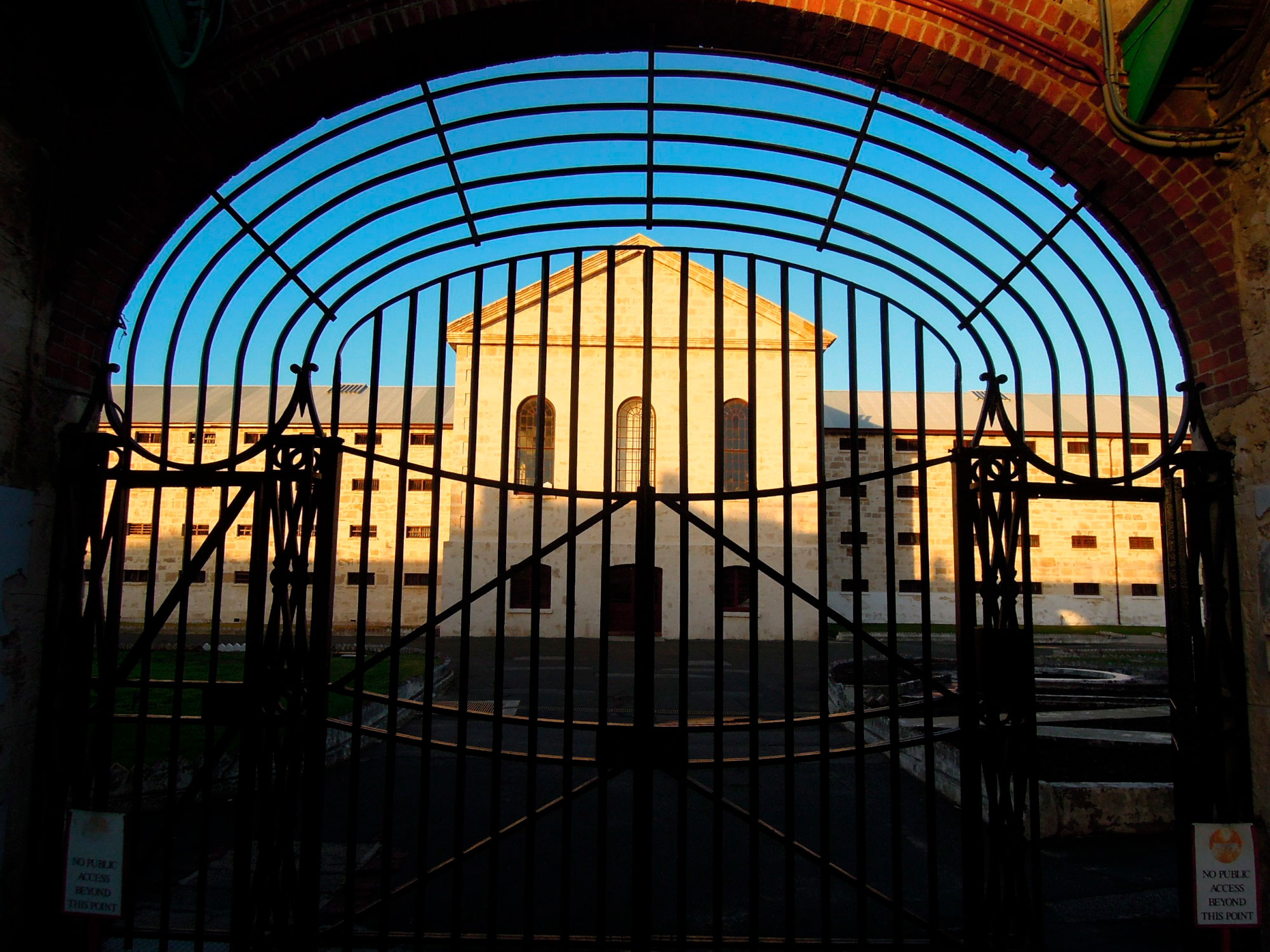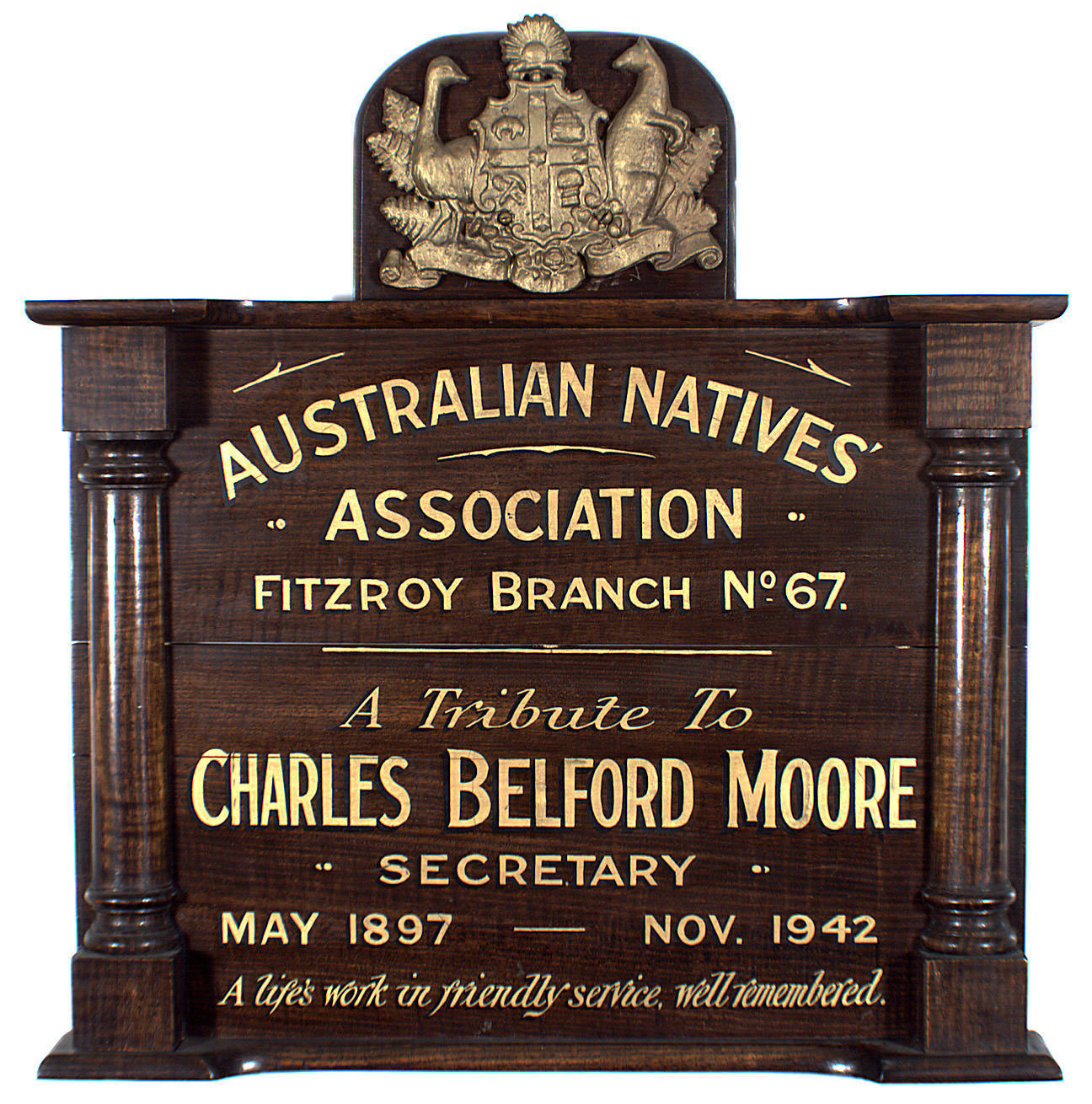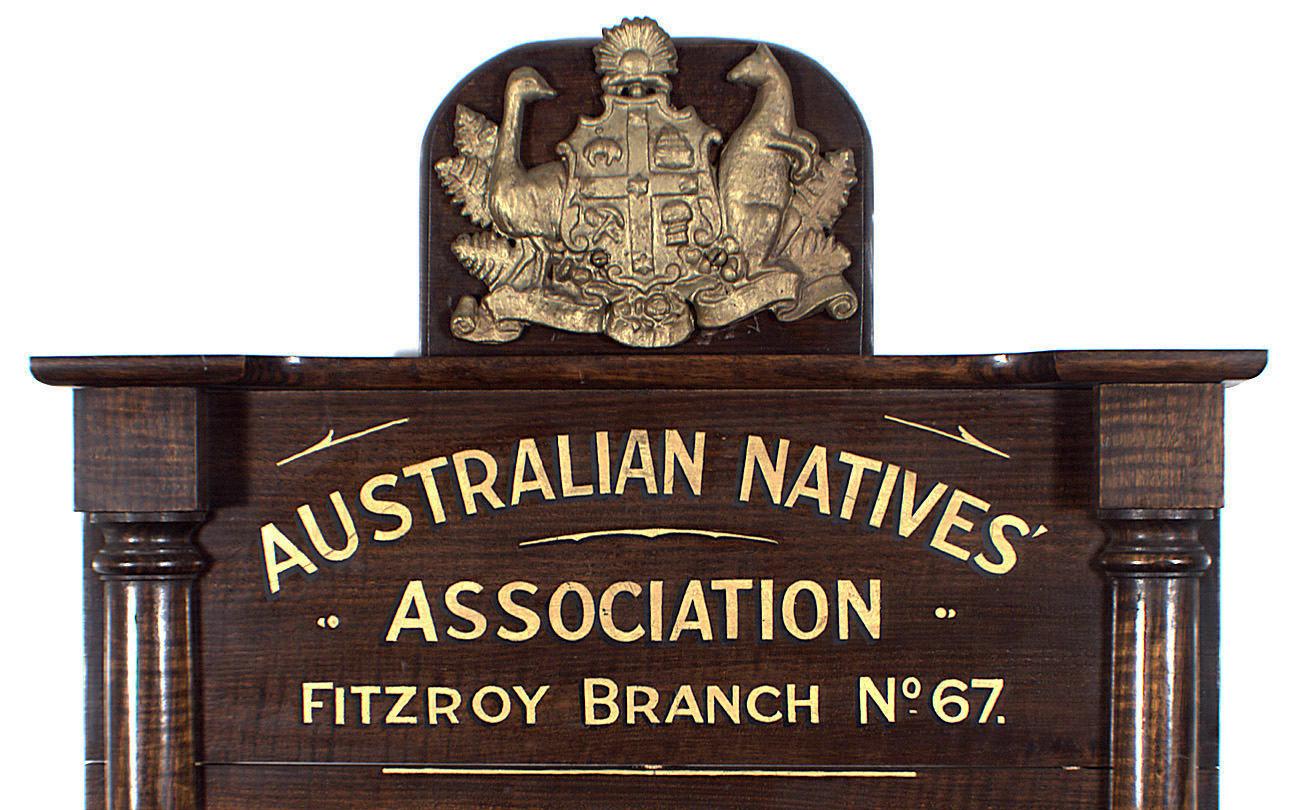Learning module:
The Spiritstone Saga
The Spiritstone Saga
24. They stop sending criminals
1868: Convict transportation ends

The Perth office of the West Australian newspaper is busy. Loud, smoky, dusty. You are there to find out about the big news in the colonies, the end of convict transportation. Charlotte Reed has agreed to show you around. She appears out of the crowd of working journalists, a notepad in one hand.
‘Howdy mate! Welcome! Big day in the news world. The British have finally stopped sending us their unwanted! The last boatload of 269 convicts arrived today.’ she says.
‘How did this all come about?’ you ask.
‘We’ve been accepting convicts into the colonies for 80 years. Us here in Western Australia only for 20 years though. There have been settlers out here since 1829. But ever since the 1830s the mood in Australia has changed. People have been against convicts being sent here.’
Another journalist comes and asks her to sign a piece of paper.
‘Bills! You know how it is…,’ she continues, ‘then the Molesworth report came out. Some good points in there. Giving convicts as free workers wasn’t fair; whipping convicts, that’s not right either. And you know, the report said our whole society was violent and wrong. That’s hard to take! So yeah, I guess since then, people have thought… well, stop the convicts and Australia will become nicer and safer. Most people see them as dangerous and it doesn’t do our reputation much good. Our friends over in New South Wales stopped getting convicts almost 30 years ago!’
‘But wasn’t Western Australia supposed to be free of convicts?’ you ask.
‘Sure was. Our colony really struggled to find workers so we asked for convicts to be sent as labourers. South Australia never had convicts sent there. I’m sure they think they’re better than everyone now!’
She takes you on a short tour of the printing press. You see the headline of the next day’s newspaper, ‘In future … all who come … shall be virtuous.’ You aren’t sure about that. Is it only convicts that can be bad people?
You thank Charlotte for her time and leave the newspaper building behind.
The Spiritstone glows brightly. ‘Your communication skills must improve, young one, so this is your next challenge…’
Your task
- Answer some questions about convict transportation.
- Write a short essay about the end of convict transportation.
1. Answer these questions about convict transportation by matching the correct answer to each question.
2. Now write a short essay about the end of convict transportation by completing this activity.
Introduction
This essay will discuss convict transportation to Australia. It will begin by making two main points.
Paragraph 1
Paragraph 2
Conclusion
A green glow from the Spiritstone tells you that the task is done.
‘A new organisation has been set up in Melbourne. Find out about it.’ Go to 25.







